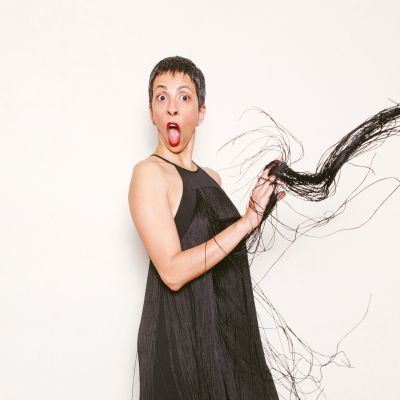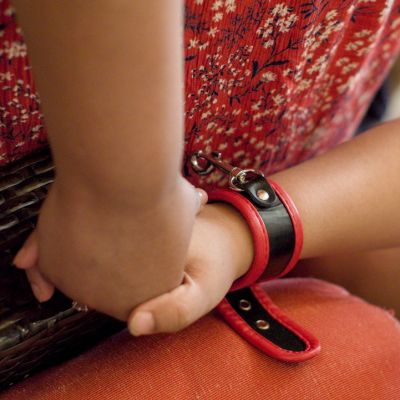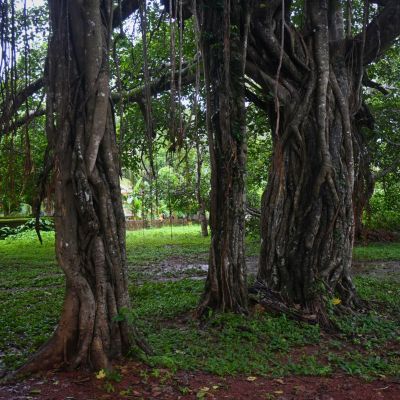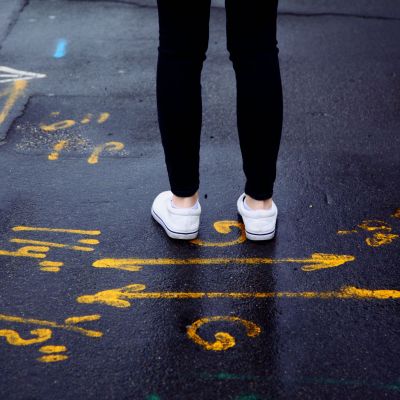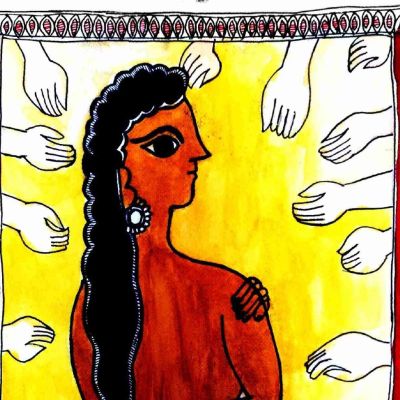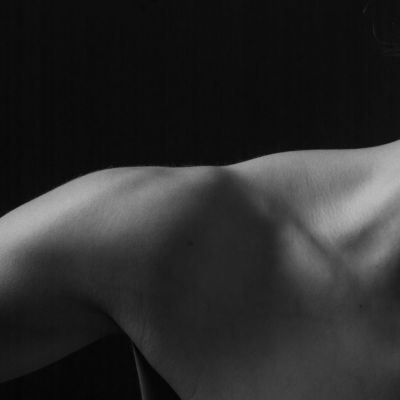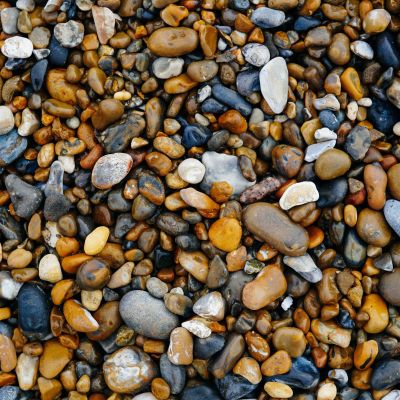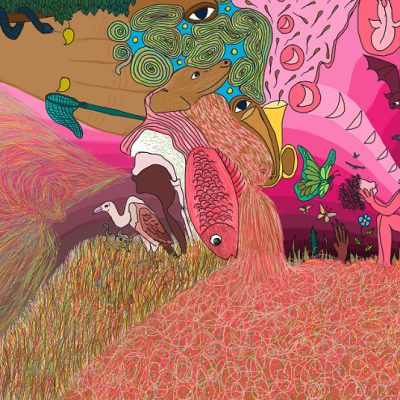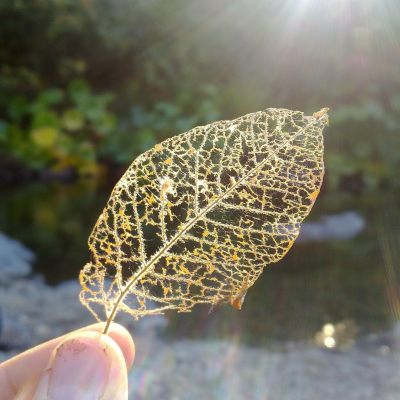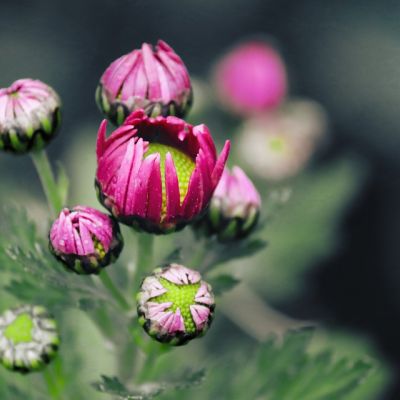bodies
I think we are still in a trap of a heteronormative, youth biased, light skin biased, sizeist, ableist culture and until we consciously snap out of it we are throwing a cloak over a human being’s ability to really find what their sexuality even looks like.
Our bodies become the form and medium through which we present ourselves to the outside world, engage with it, interact with it, perceive it and are perceived by it.
It’s clear Ms. Nisha is not here to shame them or lecture them. She’s here to give them words when they have none.
As we grow and experience intimate relationships, pleasure becomes taboo or is only okay as a performance for another person, rather than our right as human beings.
It is unfortunate that one of the most fundamental processes of human life is shunned to the extent that we’ve been taught, and so we learn to dismiss the natural feelings our bodies produce.
Women’s bodies are considered as symbols of izzat and abru (honour and dignity) making it the woman’s responsibility to ‘protect’ her sexuality, while at the same time, her sexuality is controlled by patriarchs.
Our most powerful, sexy, responsive and attractive sexual organ may be the mind, but it is through the body that we express and experience our sexuality. Our body is our first and primary home; whether we truly feel at home in it is another matter.
Body + a million This article: written, read, edited, uploaded on to the internet, heard using assistive software, converted into…
Our bodies become the form and medium through which we present ourselves to the outside world, engage with it, interact with it, perceive it and are perceived by it.
Body is born, as a collection of many parts, into the various collections of bodies. Different combinations or collections are projected onto various historical, spatial and temporal dimensions, out of our needs, desires and capabilities.
I think we are still in a trap of a heteronormative, youth biased, light skin biased, sizeist, ableist culture and until we consciously snap out of it we are throwing a cloak over a human being’s ability to really find what their sexuality even looks like.
Just like on a misty morning,
we both
sit
without a shred of adornment
on these ancient stepwells
and the call of the hummingbirds
offer us sensations,
imagination,
and our innocence
I believe that queer friendships and intimacies are sheer resistance, which not only swallow the despair and pain that might be perpetrated on gender-nonconforming people by their families, but also recognise all the lies about love that have been sold to us.
At sixteen, the senior boy I loved, touched me down there and said, this is what boyfriends do, this is what love feels like – uncomfortable.
It may be useful to visualise sexual rights as a large tree with deep roots and a vast canopy of leaves. Or as a giant umbrella. Or a big tent. Whatever tickles your imagination and allows you to see it as a conceptual and practical tool to make claims for any aspect that relates to how we express sexuality.

